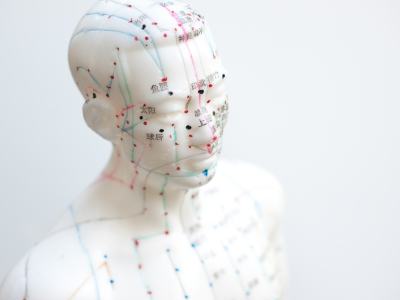Why are we so passionate about mental health at Raja Wellness?
The link between mental health and cardiovascular health is quite significant. Stress, especially chronic psychological stress, has a profound impact on the cardiovascular system. When the “stress response” is activated, the body secretes glucocorticoids, epinephrine, and other hormones, while inhibiting the secretion of growth hormone, insulin, and reproductive hormones. The sympathetic nervous system is also activated, leading to increased heart rate and blood pressure, among other physiological changes that divert blood to areas needed for immediate survival, such as the muscles and lungs, and away from non-essential areas like the gut and reproductive organs. This response is adaptive in the short term, but chronic activation due to chronic stress can lead to serious cardiovascular issues such as hypertension, atherosclerosis, and myocardial ischemia.
This connection between mental health and cardiovascular health highlights the intricate intertwining of psychological and physiological factors. The body's response to chronic stress can have detrimental effects on the cardiovascular system, emphasizing the importance of managing and addressing mental health to promote overall well-being, including cardiovascular health.

Acupuncture has many benefits for cardiovascular health:
1. Stress Reduction: Stress is a known risk factor for cardiovascular diseases. Acupuncture has been shown to modulate the body's stress response, potentially reducing the impact of stress on the heart and blood vessels.
2. Blood Pressure Regulation: Studies indicate that acupuncture may help in regulating blood pressure. By targeting specific acupuncture points, practitioners aim to optimize blood circulation and blood pressure levels, contributing to better cardiovascular function.
3. Inflammation Management: Chronic inflammation is closely linked to cardiovascular conditions. Acupuncture may exert anti-inflammatory effects, potentially reducing the systemic inflammation associated with heart disease.
4. Enhanced Circulation: The stimulation of acupuncture points is believed to enhance microcirculation, improving blood flow to vital organs including the heart. Enhanced circulation can promote heart health and overall cardiovascular function.
5. Complementary Therapy: Acupuncture is often used as a complementary therapy alongside conventional medical treatments for cardiovascular issues. It may help alleviate symptoms, improve overall well-being, and enhance the effects of standard cardiovascular care.
While acupuncture has clear benefits for cardiovascular health, we recommend individuals consult healthcare professionals before integrating acupuncture into their treatment regimen. Moreover, acupuncture alone may not be enough for people dealing with chronic stress.
Learning to manage our stress is a key part of maintaining heart health—and that’s where professional mental health care is so important as part of your overall wellness.
Herbal formulas also play an important role in heart health. Many formulas have been shown to reduce cholesterol and blood lipid levels, decrease inflammation, and increase peripheral circulation. For example, Clear Mind Formula is one of my favorite herbal formulas for heart health, especially here in Kentucky because of its natural antifungal and antimicrobial properties. This is a raw herbal concoction that we make in-house. We do recommend consulting with a trained herbalist before incorporating any herbal remedies into your care plan.
or
For more information, please don’t hesitate to call us at 270-506-3853 today!
References:
1. Wayne PM, Kaptchuk TJ. Challenges inherent to t'ai chi research: part II-defining the intervention and optimal study design. Journal of Alternative and Complementary Medicine. 2008;14(2):191-197.
2. Fu, C., Zhao, N., & Liu, Z. (2013). Chronic pain: acupuncture and related therapies. Springer Science & Business Media
3. Chen J, Ye C, Yang Z, Zhang C, Li P, Xu B, Wu A, Zhang X, Xue X. Erchen decoction to reduce oxidative stress in dyslipidemia phlegm-dampness retention syndrome mice: In vivo mechanism revealed by metabolomics (liquid chromatography-mass spectrometry). Phytomedicine. 2023 Jul;115:154808. doi: 10.1016/j.phymed.2023.154808.